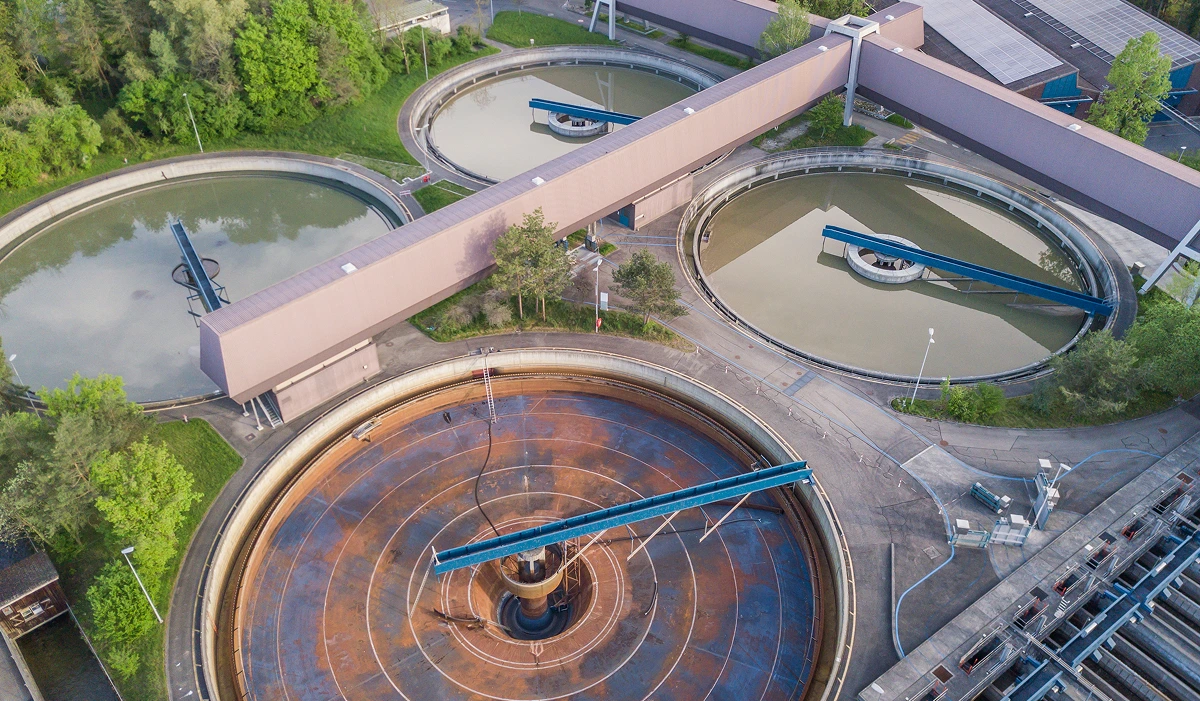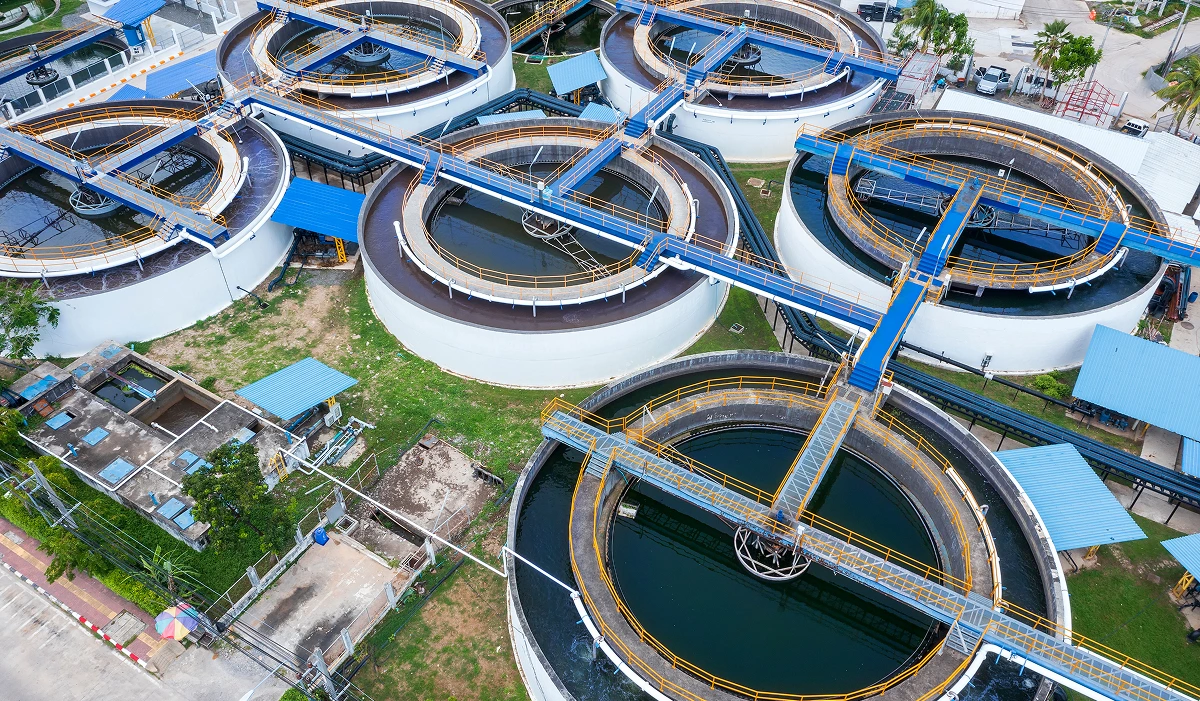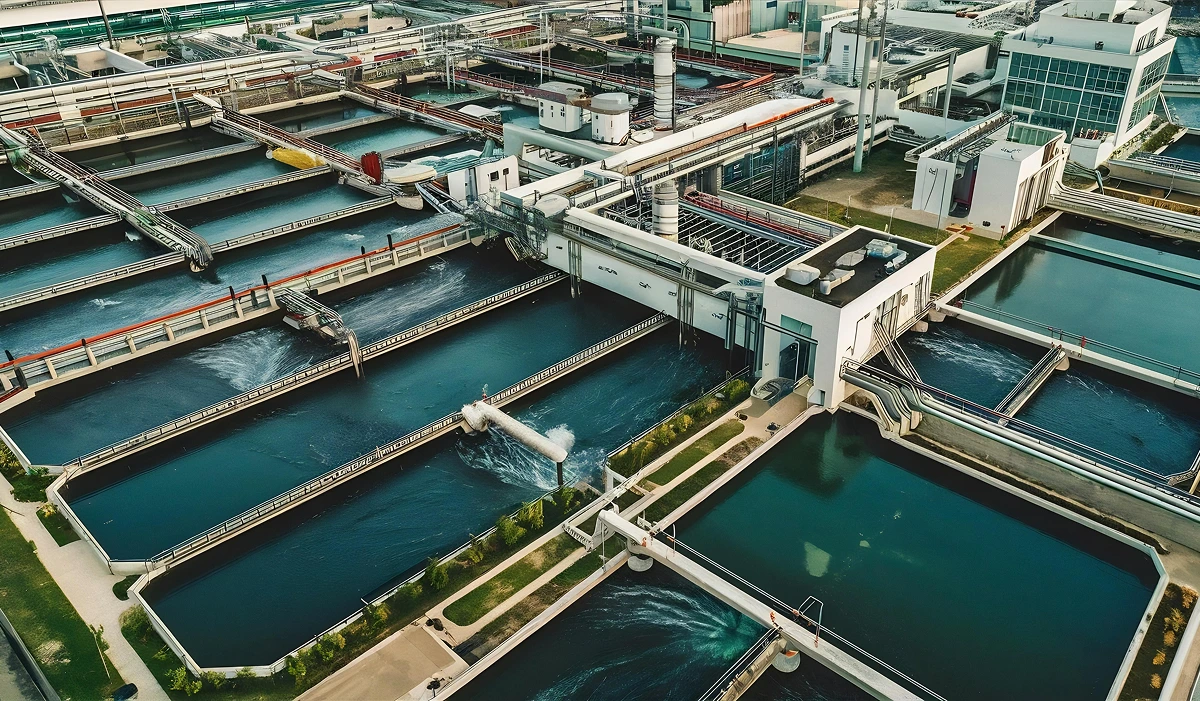Water is one of the most valuable resources on our planet, and industries play a…

Clean Neer – Experts in water & wastewater treatment solutions for sustainable and efficient water management, are here to guide you through the process of transforming wastewater into reusable water. Proper industrial and wastewater treatment not only safeguards the environment but also reduces operational costs and conserves precious freshwater resources.
Wastewater, generated from homes, industries, and commercial facilities, contains contaminants that can harm the environment if released untreated. With the growing need for sustainable water solutions, industrial and wastewater treatment play a crucial role in ensuring that water is safe for reuse.
At Clean Neer, we provide advanced wastewater treatment solutions that allow industries and municipalities to reclaim water efficiently while maintaining compliance with environmental regulations.
What is Wastewater?
Wastewater is water that has been used and contaminated through domestic, industrial, or commercial activities.
Common contaminants include:
| Type of Wastewater | Common Contaminants |
|---|---|
| Domestic | Soap, detergents, food waste, pathogens |
| Industrial | Chemicals, heavy metals, dyes, oils |
| Commercial | Cleaning agents, oils, and food residues |
Without proper treatment, wastewater can pollute rivers, lakes, and soil, making it unsafe for human or industrial use.
The Wastewater Treatment Process
The process of transforming wastewater into reusable water involves several stages:
Preliminary Treatment
- Removes large debris and solids through screening.
- Protects equipment in subsequent stages.
Primary Treatment
- Sedimentation tanks and clarifiers separate suspended solids.
- Reduces organic load in wastewater.
Secondary (Biological) Treatment
- Microorganisms break down organic pollutants.
- Essential in industrial wastewater treatment for high-strength effluents.
Tertiary (Advanced) Treatment
- Involves chemical treatment, filtration, and disinfection.
- Prepares water for safe reuse in industrial processes, irrigation, or cooling systems.
Transform your wastewater into a sustainable resource. Contact us now to discuss your treatment needs.
Sludge Management
- By-products like sludge are collected and treated.
- Sludge can be reused as fertilizer or energy, reducing waste.
Treatment Stages Summary Table:
| Stage | Purpose | Common Methods |
|---|---|---|
| Preliminary | Remove large debris | Screening, Grit Removal |
| Primary | Remove suspended solids | Sedimentation, Clarifiers |
| Secondary | Reduce organic matter | Biological treatment, Aeration |
| Tertiary | Purify water for reuse | Filtration, Disinfection |
| Sludge Management | Treat by-products | Sludge digestion, Composting |
How Treated Wastewater is Reused
After treatment, wastewater can be safely reused for:
- Industrial Applications: Cooling towers, boilers, process water.
- Agricultural Applications: Irrigation, soil enrichment.
- Municipal Applications: Landscaping, flushing systems.
Benefits of reuse include
- Conserves freshwater resources.
- Reduces operational costs for industries.
- Minimizes environmental pollution.
Benefits of Industrial & Waste Water Treatment
- Environmental Protection: Prevents pollution of rivers and groundwater.
- Cost Savings: Reduces water consumption and wastewater discharge costs.
- Regulatory Compliance: Meets local and national environmental standards.
- Sustainable Operations: Promotes circular water use and resource recovery.
Challenges in Wastewater Reuse
Despite the benefits, there are challenges:
- Variability of industrial effluent composition.
- Higher costs for advanced treatment systems.
- Need for trained personnel and monitoring systems.
Clean Neer addresses these challenges with tailor-made solutions and on-site technical support, ensuring maximum efficiency and compliance.
Future of Wastewater Reuse
Emerging trends in industrial wastewater treatment include:
- Smart automated treatment systems.
- Advanced oxidation and filtration technologies.
- Circular economy models convert wastewater into a resource.
At Clean Neer, we continuously innovate to make water reuse safe, cost-effective, and sustainable for industries and communities.
Frequently Asked Questions
It is the process of treating wastewater generated from industries to remove contaminants before safe discharge or reuse.
Through multiple treatment stages, including physical, biological, and chemical processes that remove pollutants and pathogens.
Preliminary, Primary, Secondary, Tertiary, and Sludge Management.
Usually, treated wastewater is used for industrial, agricultural, and municipal purposes, not direct drinking, unless it undergoes advanced purification.
By reducing freshwater consumption, minimizing wastewater discharge fees, and reusing water in industrial processes.
Conclusion
Proper industrial and wastewater treatment is essential for turning wastewater into a valuable resource. At Clean Neer, we provide customized, efficient, and environmentally responsible solutions to ensure that water is not only safe but reusable across industrial, agricultural, and municipal applications.
By adopting sustainable water management practices, industries and communities can protect the environment, save costs, and secure water resources for the future.

